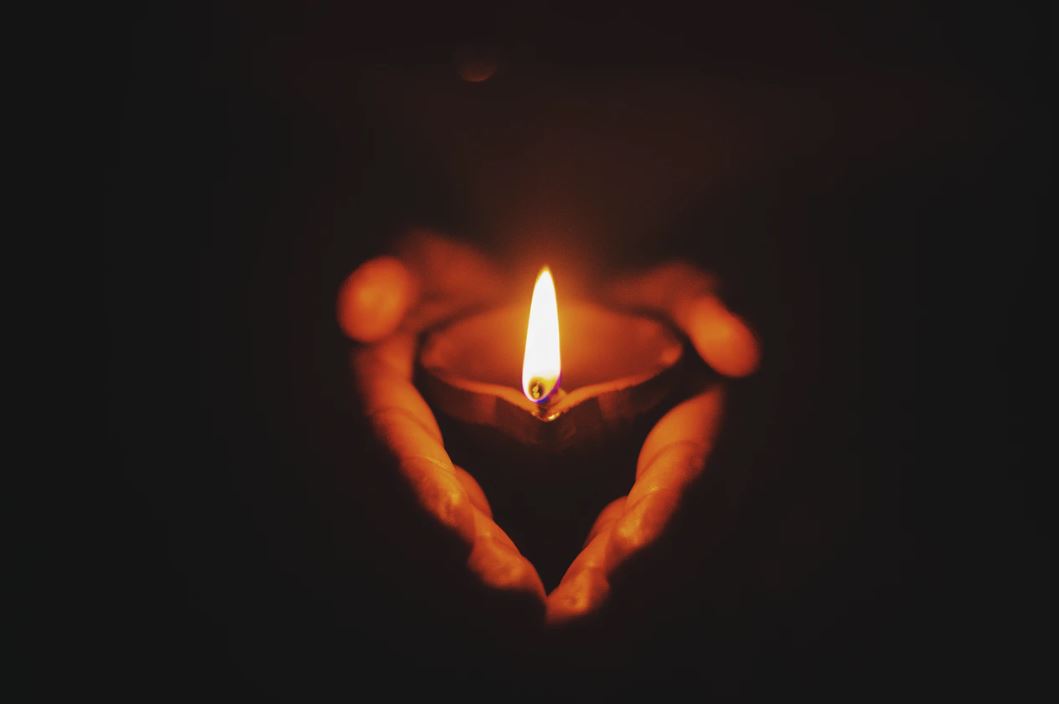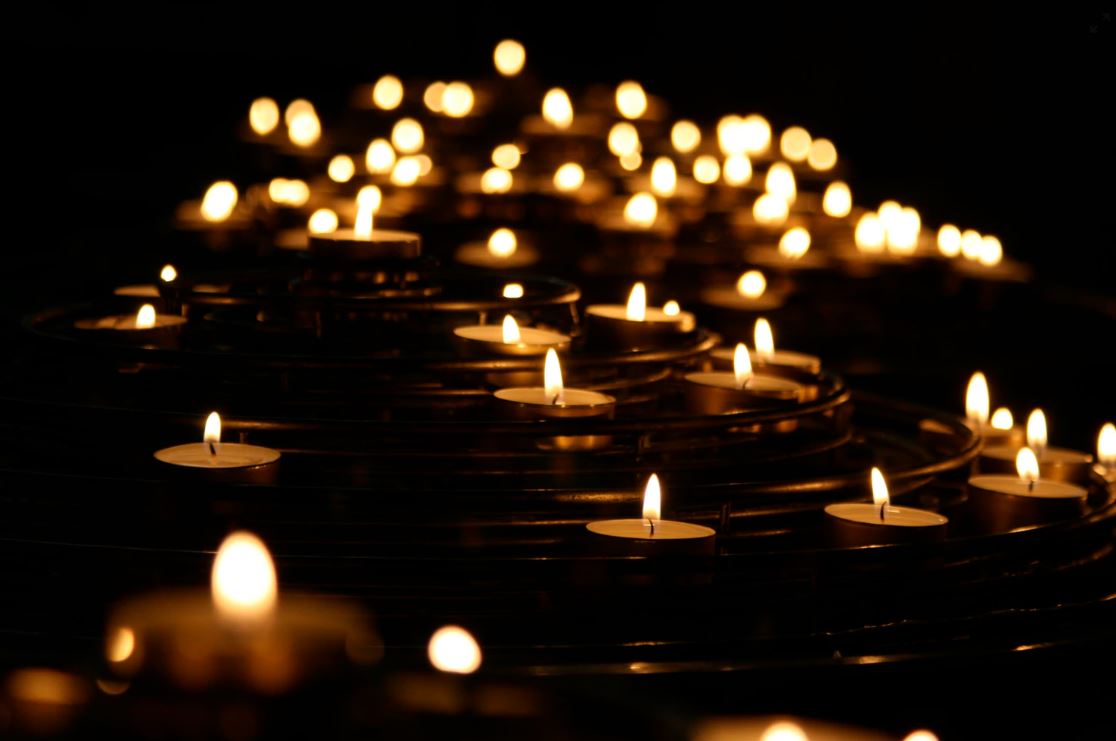January 25, 2021
January 25, 2021
You know there are a few different kinds of cremation services in Newtown, PA, but did you know there’s a new kind called aquamation? What Is Human […]
Do you like it?
January 18, 2021
January 18, 2021
Large gatherings have been banned all around the world have as large gatherings could spread the COVID-19. However, just because we’re isolated from one another doesn’t […]
Do you like it?
January 11, 2021
January 11, 2021
While all of the more expensive memorialization and cremation services in Langhorne, PA are lovely, there are plenty of less expensive options that are just as […]
Do you like it?
January 4, 2021
January 4, 2021
Do you know which kind of will is best for you and your needs? After all, there are different kinds of wills just like there are […]
Do you like it?




